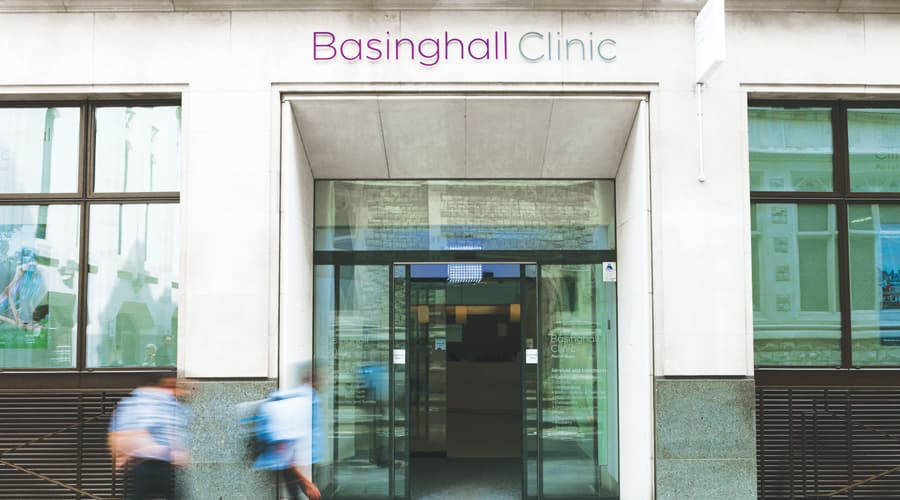Hip fractures
A condition where there is damage to the top of the thigh bone next to the hip socket.
After a fall or injury, if you have a fracture, you may experience the following symptoms:
- Extreme pain
- Unable to lift or move your leg
- Unable to put weight on your leg
- Have bruising and swelling around your hip
- Your injured leg may appear shorter than your other leg
- Your injured leg may be turned outwards.
The majority of fractures are the result of a fall which commonly affected the older generations. However, certain conditions such as cancer, osteoporosis, and arthritis can cause bones to weaken and be more susceptible to fractures.
Treatment for hip fractures
If you have fractured your hip, orthopaedic surgery is the most common option. Your orthopaedic consultant may be able to fix the fracture with plates and screws or rods, instead of performing a partial or complete hip replacement.
The type of surgery you have will depend on the position of the fracture, your age, your mobility before the fracture, and the condition of the bone and joint. Your orthopaedic consultant will explain the different options, and which is most suitable for your individual case.
Following surgery, you will need physiotherapy and rehabilitation to help increase your mobility and strength. Your orthopaedic consultant may also recommend occupational therapy to support you when you return home.
Paying for your treatment
We welcome both self-paying and insured patients.
Self-pay patients
We offer several ways for patients to self-pay, including pay-as-you-go and self-pay packages.
Insured patients
At Cromwell Hospital, we accept private health insurance from most major providers, including AXA, Aviva, Bupa, and Vitality.
Our locations

Cromwell Hospital

Basinghall Clinic
4 Basinghall Street
London EC2V 5BQ
United Kingdom
Please note, Basinghall Clinic may not provide all the services listed on this webpage.
Book an appointment today
Our telephone lines are open 8am to 8pm Monday to Friday and 8am to 2pm Saturdays.
Alternatively, fill out our appointment request form and we'll be in touch shortly.
Please note - regrettably we are unable to answer specific medical questions or offer medical advice via email or telephone.
